
Take all your insulin every day in a timely manner
Insulin is an essential key in managing diabetes and when omitted or not given properly, it may lead to severe low blood sugar, or high blood sugars which can quickly lead to Diabetic Ketoacidosis (DKA). DKA can be life-threatening.

Inject in the proper place
Inject into the fatty layer (subcutaneous tissue) just below the skin and not into the muscle. Insulin injected into the fatty layer will provide the best absorption.
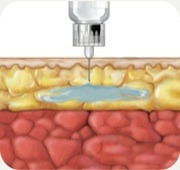
Pens are the preferred injection device
Most people with diabetes use a pen device to inject. They offer an easy way to deliver an exact dose. They can either be reusable or disposable. To use a pen, you need to attach a new pen needle every time you inject.
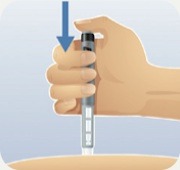
Site rotation and inspection prevents lipohypertrophy
Structured site rotation is important to avoid lipohypertrophy (lumps under the skin at your injection site). They can affect the way that insulin is absorbed. To prevent these lumps, use a structured rotation plan and a new needle for every injection. Ask your doctor or diabetes 4educator to inspect your sites at every clinic visit.

4mm needles are less painful
Short needles can be inserted at a 90° angle in most teens with diabetes. However, if you are extremely lean you may need to “pinch” or perform a skin lift before you inject. It’s all about getting your insulin where it is absorbed best!
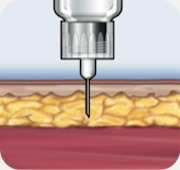
Technique is important for comfort and efficiency
Prime your pen needle before each injection with the pen needle pointing up. Dial your dose and inject. Hold the needle under the skin for 10 seconds before taking the needle out.
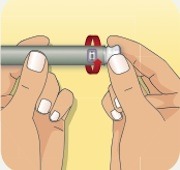
Education on insulin storage is important
For a more comfortable injection, insulin in use should be kept at room temperature. Insulin is stable for 28 days after opening (42 days for detemir)*. Extra insulin supply should be stored in the refrigerator and used before the expiry date. *Or, as per manufacturer’s instructions.
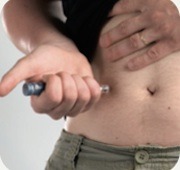
Evaluate and re-evaluate
Blood sugars may be high even when you give your insulin properly. There are a number of reasons why this could happen: diet, activity, stress or sickness. Or, this is the time when you may have some “insulin resistance”. Monitor your blood sugars regularly and see your doctor or diabetes educator for regular insulin adjustments.
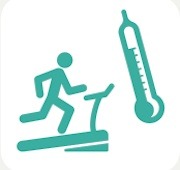
Never reuse your needles
Using a new needle every time reduces the risk of clogging of the needle and inaccurate dosing. Reusing needles can also cause pain, lipohypertrophy, needle bending and breakage. Always dispose of your pen needle in a proper sharps container.
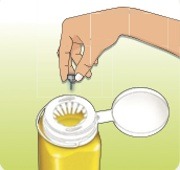
Support from others is extremely important
Diabetes is a full time job. At times, you may feel all alone. This is normal. Draw support from friends, family and your health care team. If you are tired of giving injections, your health care team is there to work with you.

Supported by BD Medical – Diabetes Care
12-2013
 Diabetes Care Community Learn, connect and care
Diabetes Care Community Learn, connect and care



